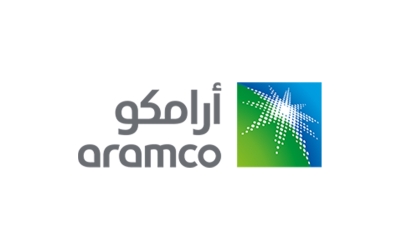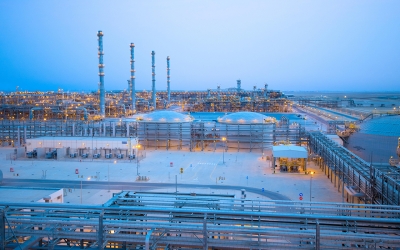
The National Power Academy is an educational institution specializing in energy affairs in the Kingdom of Saudi Arabia. Its concept began in 2013 when the management of energy systems at Saudi Aramco, in collaboration with the company's training and development sector, decided to establish a training center for its staff, as well as for the staff of companies working with them in the field of electrical energy, to address the gap and shortage within Saudi Aramco. In 2014, it was agreed to establish a comprehensive academy that grants accredited diplomas to high school graduates and vocational training institute students.
Co-founders
In December 2014, a letter of intent was signed, followed by a memorandum of understanding signed by the founders in December 2015, to establish a world-leading energy academy named the "National Power Academy."
To enhance the national energy industry, a memorandum of understanding was signed with nine national and international companies to develop the plan and timeline for the anticipated academy. The memorandum was signed by the initiative's originator, Saudi Aramco, along with the Saudi Electricity Company, the Power and Water Utility Company for al-Jubayl and Yanbu (MARAFIQ), the Saline Water Conversion Corporation, General Electric, Siemens, Schneider Electric, the Technical and Vocational Training Corporation represented by Colleges of Excellence, and King Fahd University of Petroleum and Minerals.
In 2015, the academy's Board of Trustees was formed, chaired by a representative from Saudi Aramco and including a founding member from each participating entity. This was done to consolidate efforts and visions, and to benefit from the academic and practical expertise of the participants. Additionally, a Technical Advisory Board was established, chaired by King Fahd University of Petroleum and Minerals, and included an expert from each participating entity. This board serves as the technical and scientific arm of the academy to ensure it keeps pace with modern technologies and the highest global standards.
Programs
The academy offers various training programs that align with the needs of the local market. It offers a diploma program designed for high school graduates nominated by energy sector companies. The program lasts for two years, excluding the practical application period, and provides both academic and technical education and training. It also offers a training program for professional industrial workers, such as electrical and mechanical engineers, who wish to gain additional qualifications. These programs, which aim to prepare them in specific fields, range from three to twelve months in duration. Additionally, the academy offers short programs that provide rapid training on programs and specific subjects, ranging from three days to a week. These programs target technicians and administrators working in the energy sector.
Efforts continued to launch the academy and fulfill its role, and in 2017, Saudi Aramco successfully signed a memorandum of understanding for operating the National Power Academy at the Smart Grid Conference in Jeddah. This was in collaboration with Bismarck State College as the operator. Additionally, a new strategic partnership agreement was signed with King Abdullah City for Atomic and Renewable Energy, the Saudi Council of Engineers, and the Gulf Laboratory to enhance the academy's leadership role in vocational training through qualification in twenty-one specialties covering energy and all its services. Prior to this, an agreement was signed with the Gulf Cooperation Council Interconnection Authority to extend cooperation among the Gulf countries.
Specialties
The academy ensures that the developed skills align perfectly with market requirements. In this context, it offers a number of advantages and opportunities, including: training programs to meet the immediate and future needs of the energy sector; new training programs for emerging professions, such as smart grid, energy efficiency, renewable energy, and nuclear energy; laboratories equipped with the highest standards and training facilities that simulate real-world work environments; multidisciplinary training programs; innovative and motivating training methods; and applied and development research.
The academic operations quickly succeeded as the academy welcomed its first batch of students in September 2018 for the academic year 2018-2019. It is also working to meet the growing demand by launching the first phase of academy operations with a capacity of up to seven hundred students annually.
The academy offers specialized programs in six training tracks tailored to meet the needs of the energy sector, granting a diploma in: Instrumentation and control technician, smart grid technician, electrical maintenance technician, renewable energy technician, protection and control systems technician, and transmission and distribution network operator. It relies on a beginner training employment system, where all trainees are guaranteed a confirmed job position upon graduation from the academy. This is part of a mechanism that aligns with both the academy's requirements and the sponsoring companies' needs.
Related quizzes

